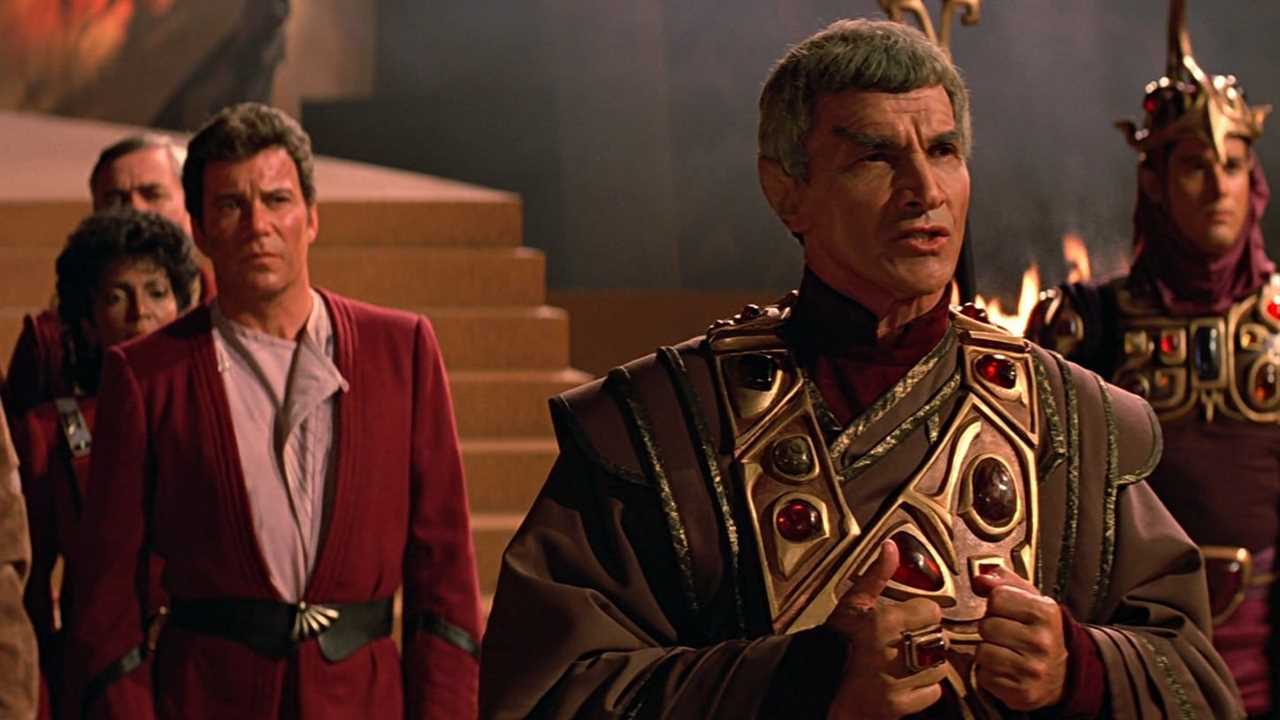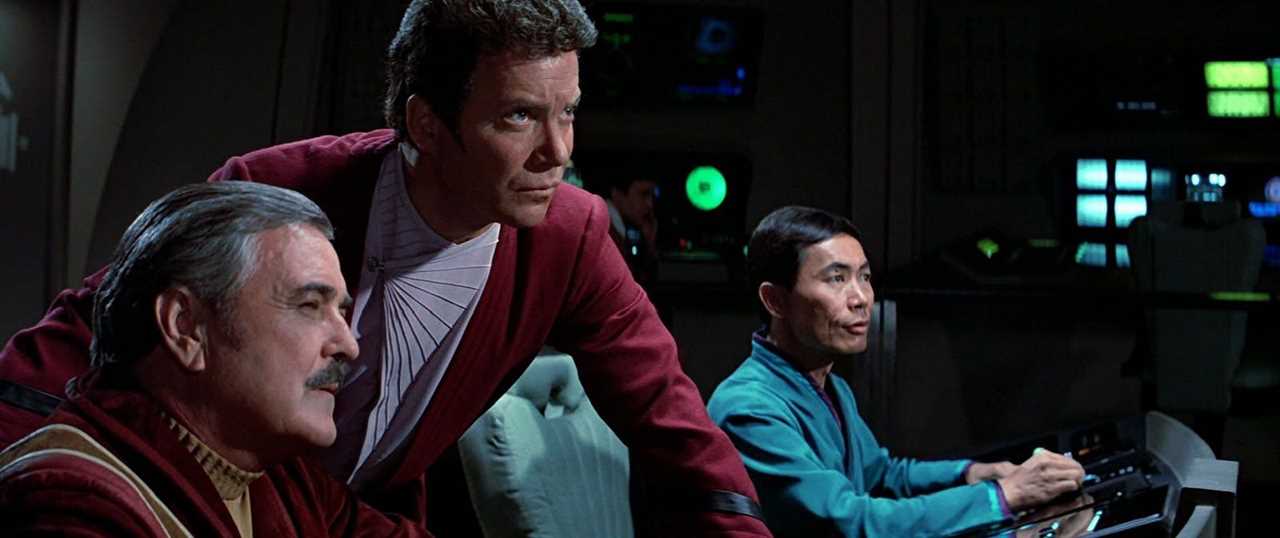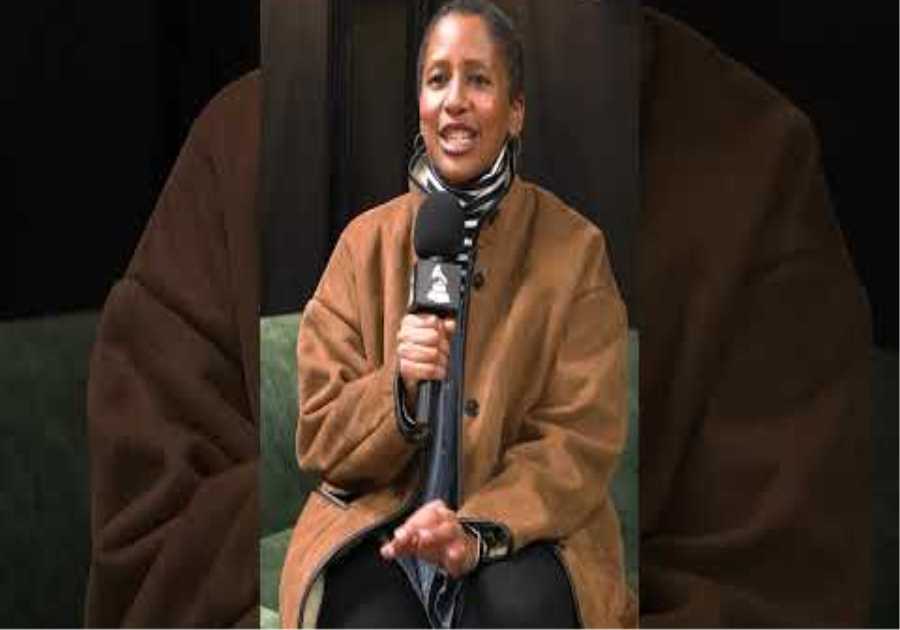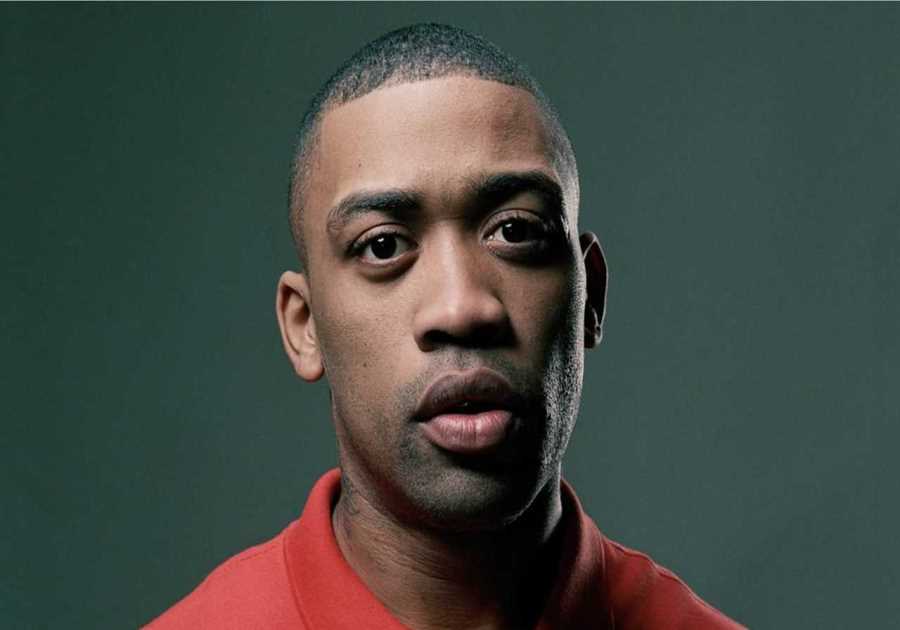The classic “odd-even rule” among Star Trek fans cites that the even-numbered films are the only films in the series that are any good. It’s a fun “curse” to consider, but it’s also a flawed categorization tool given the way the series quality has developed. Few would argue that there’s any merit to the even-numbered Star Trek: Nemesis, and opinions range dramatically on the most recent trilogy of films set in the “Kelvin” Timeline (ironically, the most derided of the new films among fans is the even-numbered Star Trek Into Darkness).
However, this is a rule that should have been disregarded as soon as Star Trek III: The Search for Spock hit theaters in 1984. It’s not just that the third Star Trek film doesn’t deserve to be lumped in with an ambitious failure like Star Trek: The Motion Picture or the completely unwatchable Star Trek V: The Final Frontier. Search for Spock is a compelling character piece that’s just as exciting and emotional as the best of the franchise, and it's time for the film to be recognized as top-tier Trek.

The most obvious reason Search for Spock faced such sharp criticism upon release was it immediately followed the best film in the franchise, 1982’s Star Trek II: The Wrath of Khan. The death of Spock (Leonard Nimoy) in The Wrath of Khan was such a powerful cinematic moment that the thought of reversing the ending struck many as sacrificial to the emotional impact. Unlike today’s blockbuster culture, in which any popular character is bound to get a spinoff, flashback appearance, or reintroduction in one form or another, many Trek fans thought this was the last time they would see their favorite half-Vulcan science officer.
But Spock’s return is far from a lazy retcon, and Star Trek III is thematically centered around the consequences that Kirk (William Shatner) and the crew face when trying to undo death itself. After a daring heist when the crew steal back their old ship, the Enterprise is destroyed in the process of uncovering Spock’s katra. It’s an ironic moment when considering Spock’s sacrifice was to protect the ship itself.
While the Enterprise has been retired as a commodity by Starfleet, the sequence in which Kirk and the gang steal it feels closer to rescuing an old friend than it does a heist for a specific artifact. The escape is fun and filled with banter reminiscent of the best episodes of The Original Series, but it's not a fruitless action set piece. As evidenced by Kirk’s somewhat restored confidence as he returns to his iconic chair, leading a new mission has allowed him to heal in the aftermath of losing his closest friend.

Kirk’s reluctance to even consider the possibility that Spock’s katra could be restored speaks to his growth as a character. In an intimate conversation with Spock’s father Sarek (Mark Lenard), Kirk expresses his deep sadness, but also shows his respect for the decision that Spock made. Kirk’s fear of trivializing Spock’s sacrifice voices a fear that fans also felt, and it's only the immediate threat that the katra could kill McCoy (DeForest Kelly) that sparks him back into action.
Shatner is often lampooned for his performances, but by this point in the series he’s grown into the role of a matured Admiral. The Sarek conversation shows Kirk attempting to maintain a professionalism not present in his younger days, and while there’s hints of a more playful character throughout his battle of wits against the Klingon leader Kruge (Christopher Lloyd), Kirk recognizes that he must limit his open grief in order for the crew to function.
Yet, this controlled emotional state completely evaporates upon the loss of his son David Marcus (Merritt Butrick), who is killed aiding his father in the battle against the Klingons. Making Kirk a father at the end of The Wrath of Khan seemed like the most natural progression of the character, but The Search for Spock shows that Kirk can’t have it both ways and be both an adventurer and parent. Settling into a paternal role would mean giving up his inherent desires to immediately confront injustice, and the price of a “return to normalcy” is another devastating loss.
The tragedy is distinct from Spock’s death, as this is a loss that really only affects Kirk. This is his story, and few films in the series capture the emotional toll that the captain’s chair takes this well. Some may laugh at Shatner’s delivery of “Klingon bastard! You killed my son!,” but it's effective in showing how the loss of a friend and the loss of a child spark different reactions.
Kruge himself is an entertaining villain, and I respect that Lloyd is attempting to be more overtly campy than the restrained approach that Ricardo Montalbán brought to Khan. The Klingons are the natural villain for the story, and the political impact that Genesis has on the tension between the Federation and the Klingon Empire helps to foreshadow how difficult finding a peaceful solution will be in Star Trek VI: The Undiscovered Country. Kirk’s quick association of Kruge with the entire Klingon race lays the groundwork for how difficult it will become to set aside his prejudices during The Undiscovered Country’s peace negotiations.

Kruge is also just an entertaining presence, and there’s a lot of Search for Spock that is plain fun. McCoy’s adoption of some of Spock’s qualities while possessing his katra adds unexpected physical comedy, given how often the two were at odds with each other previously. Some elements haven’t aged as well, as the fight choreography during the final confrontation between Kirk and Kruge on Genesis never looks particularly convincing, and the Genesis sets in particular feel leftover from The Original Series’ shakiest production design. However, these are fairly minor issues that don’t dampen the excitement of the scene, and they certainly don’t deserve to dominate the conversation about what is a largely satisfying film.
I confess the final sequence in which Spock finally unites with old friends leaves me teary-eyed. It’s a gorgeously shot sequence (Nimoy was frequently interested in exploring Klingon culture and the design of the Vulcan planet is striking), and Spock’s fractured memories indicate that his return won’t be completely seamless. What’s important is that he recognizes his family and his place among them, and Nimoy’s delivery of “Jim” is delivered with as much weight as his iconic final moments in The Wrath of Khan.
The Search for Spock doesn’t have the dramatic perfection of The Wrath of Khan, the comedic novelty of The Voyage Home, or the political timeliness of The Undiscovered Country, but it understands the characters and why they’ve endured. With the original Trek films ripe for a rewatch given the upcoming 4K restoration and release of the first four installments in September, it’s time for The Search for Spock to be rightfully considered among the best Star Trek films of all.
KEEP READING: Every ‘Star Trek’ Movie Ranked from Worst to Best
-----------------------
By: Liam Gaughan
Title: Why Star Trek 3: The Search for Spock Is Top-Tier Trek
Sourced From: collider.com/star-trek-3-search-for-spock-best-trek-movies/
Published Date: Sat, 17 Jul 2021 14:31:22 GMT
Did you miss our previous article...
https://ballerawards.news/movies/colin-farrell-reveals-how-many-scenes-hes-got-in-the-batman






